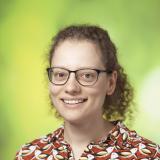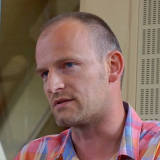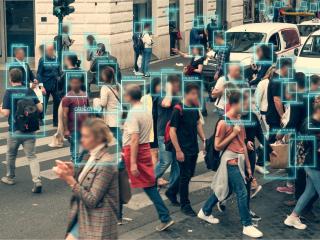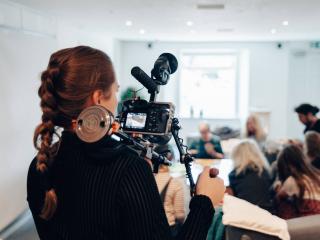TAISIG Talks
The TAISIG Talks feature a series of short online presentations on a broad variety of topics related to recent developments and achievements of Tilburg University in the field of Artificial Intelligence.
**This event has already taken place**
Speakers
-

Ronald Leenes
Professor (TLS)computer science law, big data analytics, data protection
Prof.dr. Ronald Leenes is full professor in regulation by technology at the Tilburg Institute for Law, Technology, and Society (Tilburg University). His primary research interests are regulation by (and of) technology, specifically related to privacy and identity management.
-

Lieke Gelderloos
PhD Candidate (TSHD)text mining, linguistics, machine learning
Lieke Gelderloos is a PhD student at Tilburg University, in the intersection of cognitive science, linguistics, and artificial intelligence. She models language learning as a grounded and interactive process. Her work is motivated by findings and questions in language acquisition research, and conducted using current techniques in computational linguistics.
-

Wouter De Baene
Assistant Professor (TSB)cognitive neuroscience, neural specificity, neuroimaging
dr. Wouter De Baene currently works at the Department of Cognitive Neuropsychology, Tilburg University. Wouter does research in Cognitive Neuroscience with a focus on cognitive flexibility, cognitive and language control and network analyses.
Artificial intelligence – laissez faire, regulate or what?
The possibilities with AI seem endless, but are these developments safe for people, their rights and freedoms? Facial recognition, for example, makes it possible to recognize total strangers based on a photo - but it takes away our anonymity in public spaces. There is a lot involved in regulating and managing AI developments. Do we need to understand the technology better in order to regulate accordingly or is legal disruption inevitable?
Curiosity in language learning
In computational models of language learning, the person learning the language is often modeled as a passive observer of the environment. However, we know that a child for example continuously interacts with the environment. With this interaction, they influence the language input they receive from the environment. What happens to the learning process when we model the learner not as a passive observer but as a curious active learner?
Brain and behavior
Brain imaging has been extensively applied to many different areas of health and disease, with many remarkable successes that, collectively, have profoundly shaped our understanding of the structure and function of the human brain and how these give rise to human behavior. Applying machine learning methods enable us to collect data on an individual level rather than a group level. Two projects which used machine learning methods will be showcased.
TAISIG
TAISIG is the Tilburg University Artificial Intelligence Special Interest Group: a research community committed to AI. TAISIG specializes in AI methodology & algorithms, AI concepts and applications, and ELSA (Ethical, Legal and Societal Aspects of AI).


